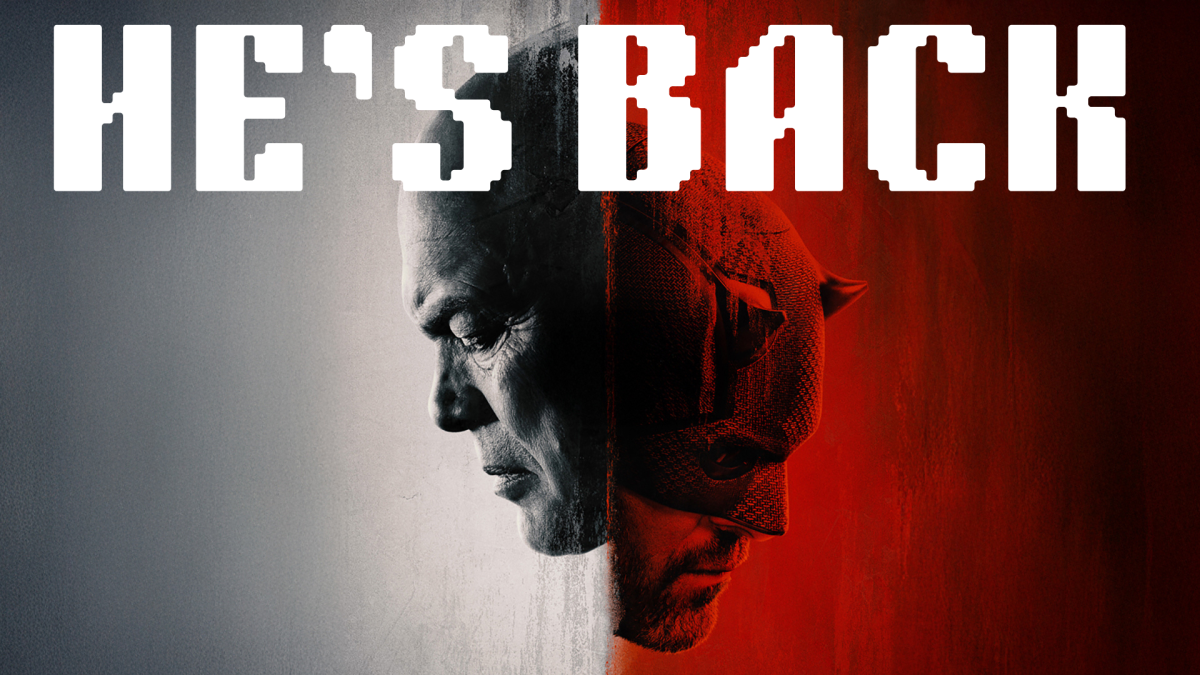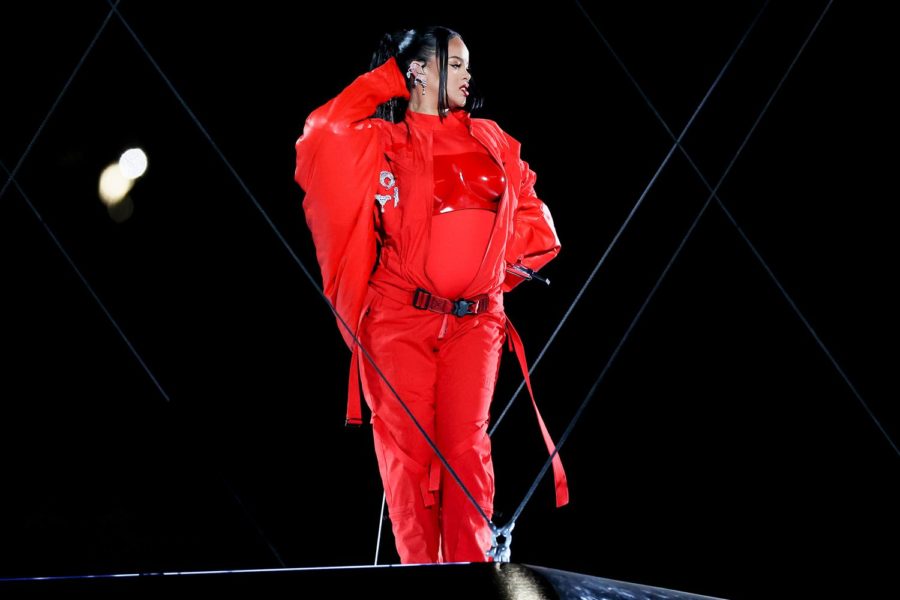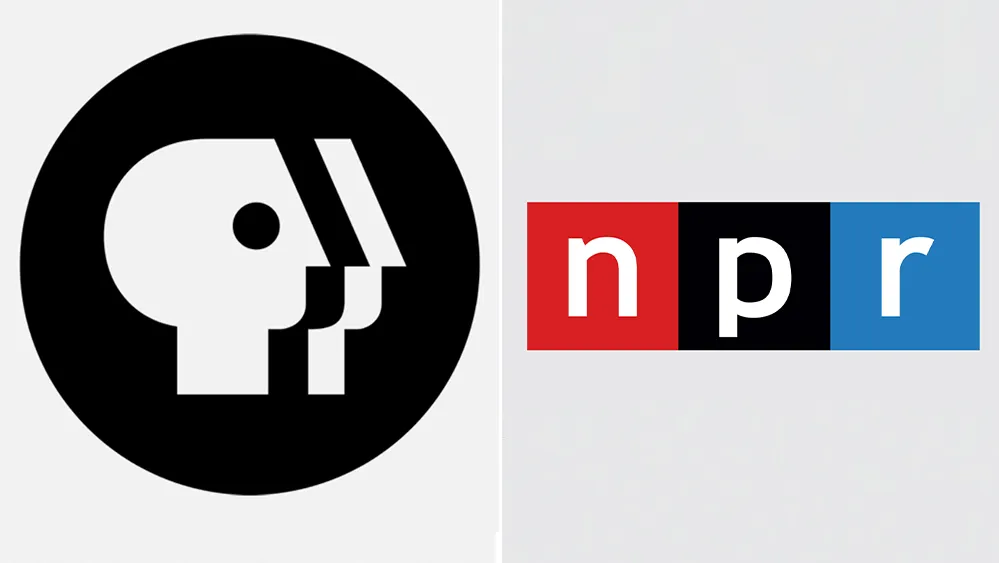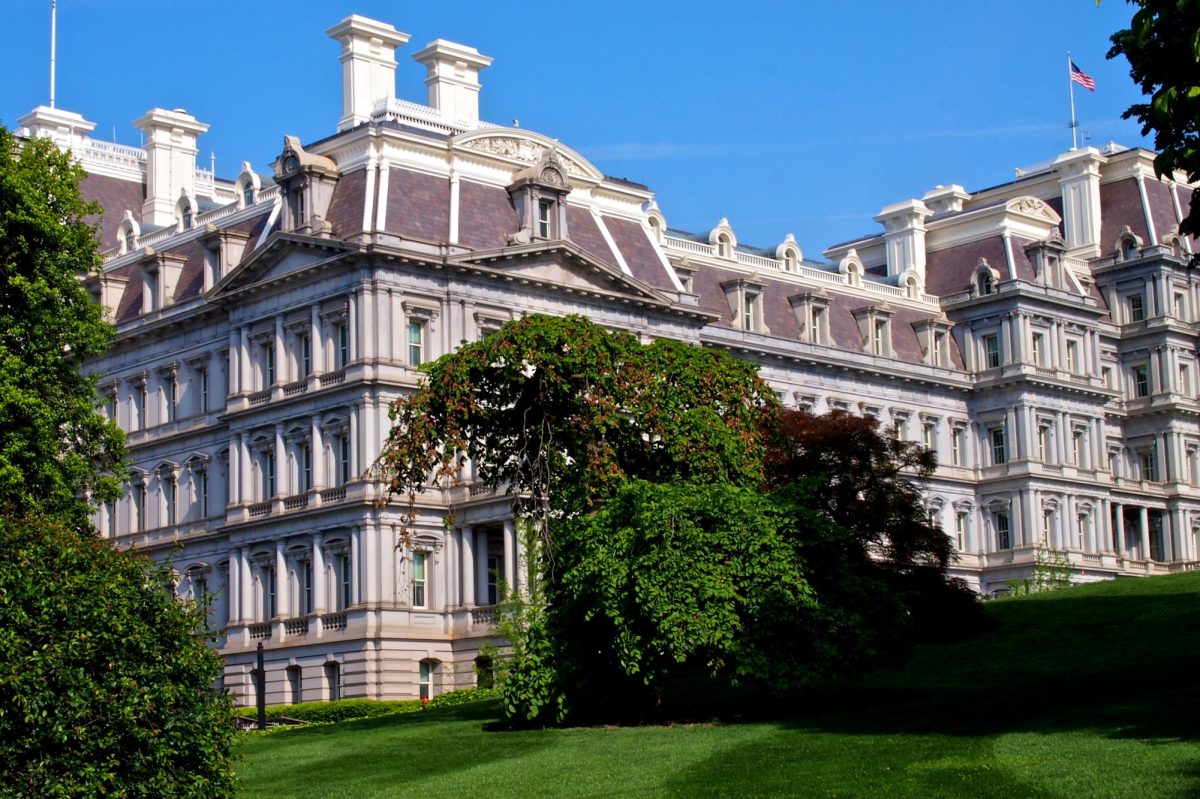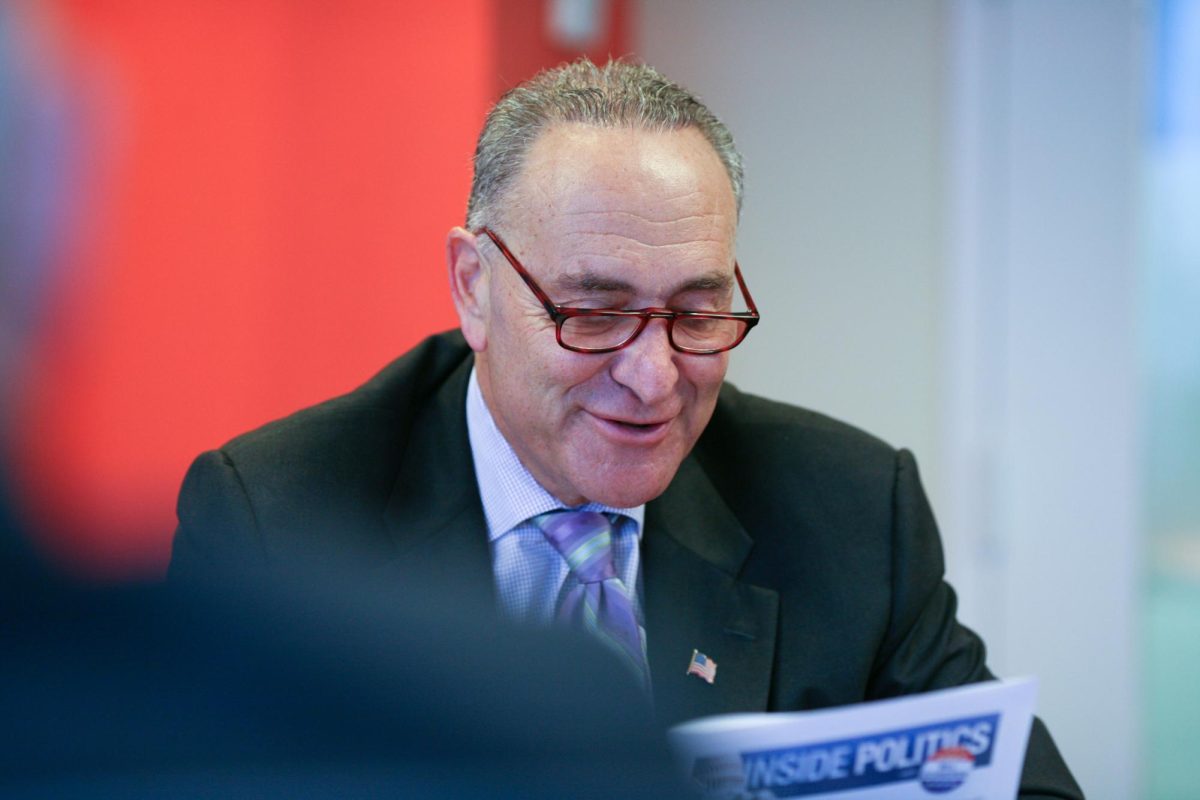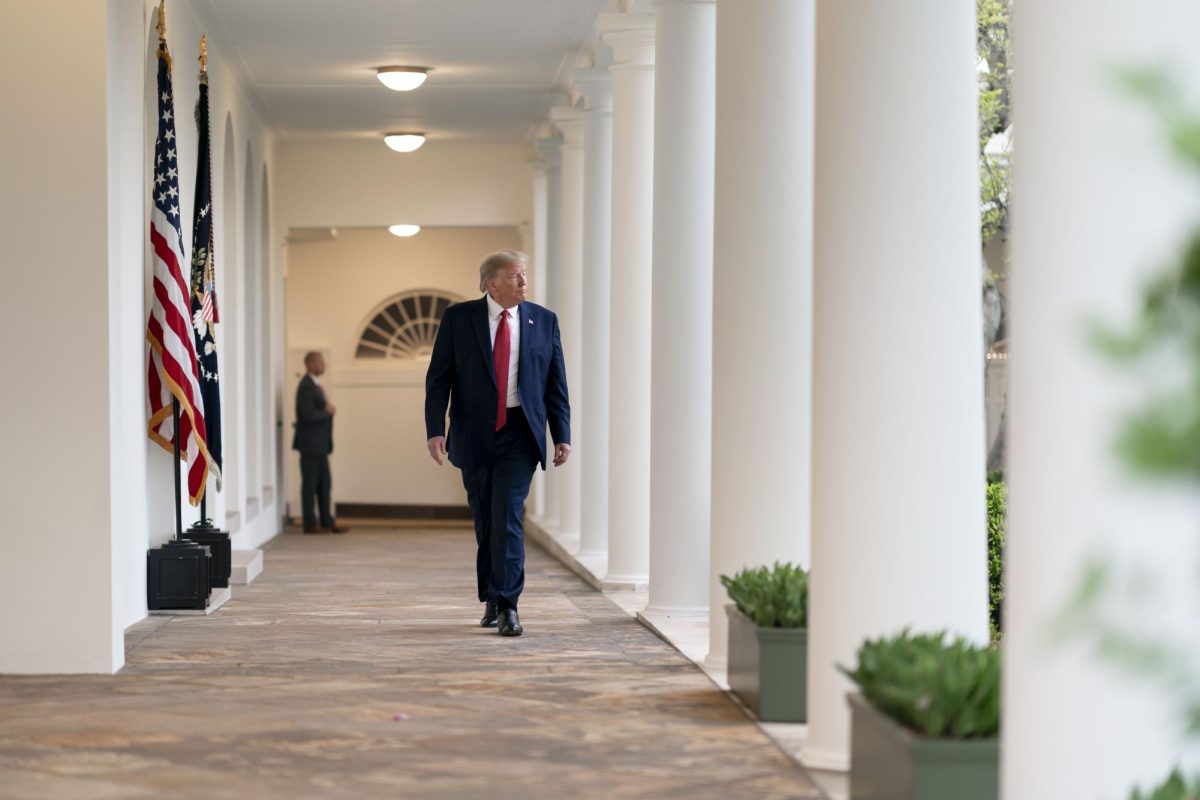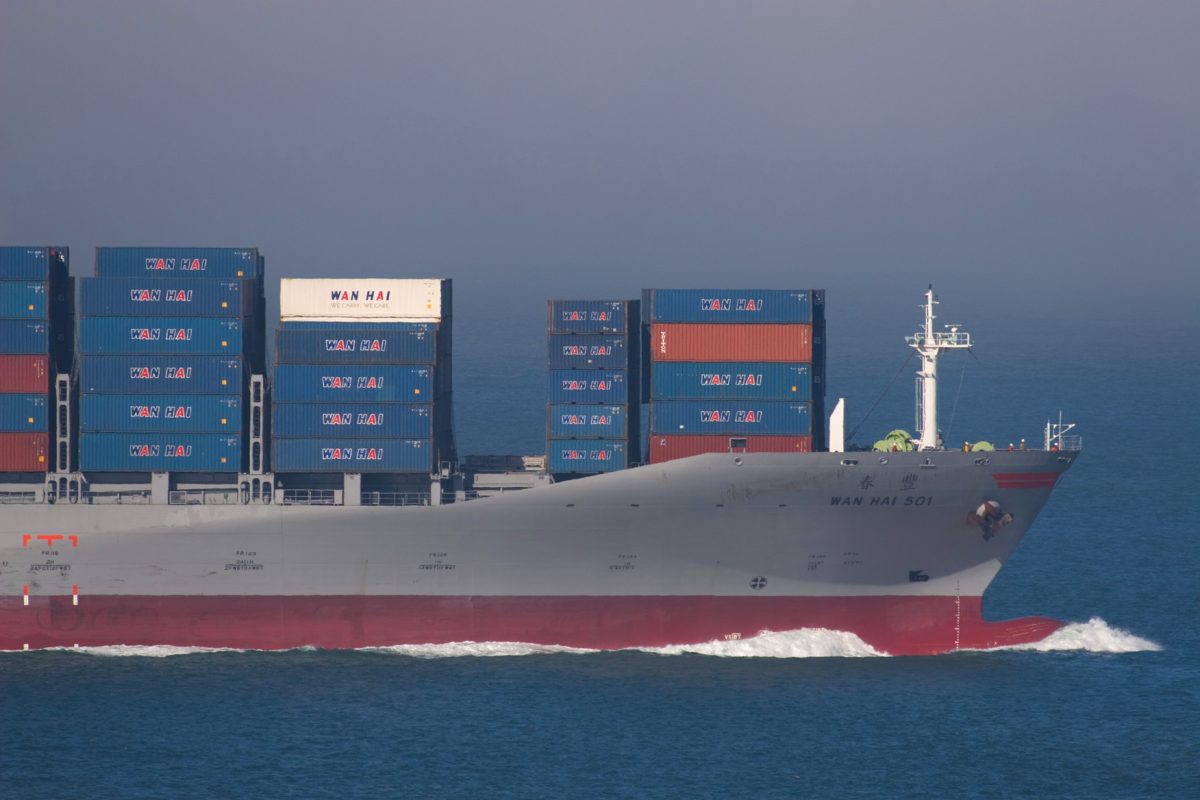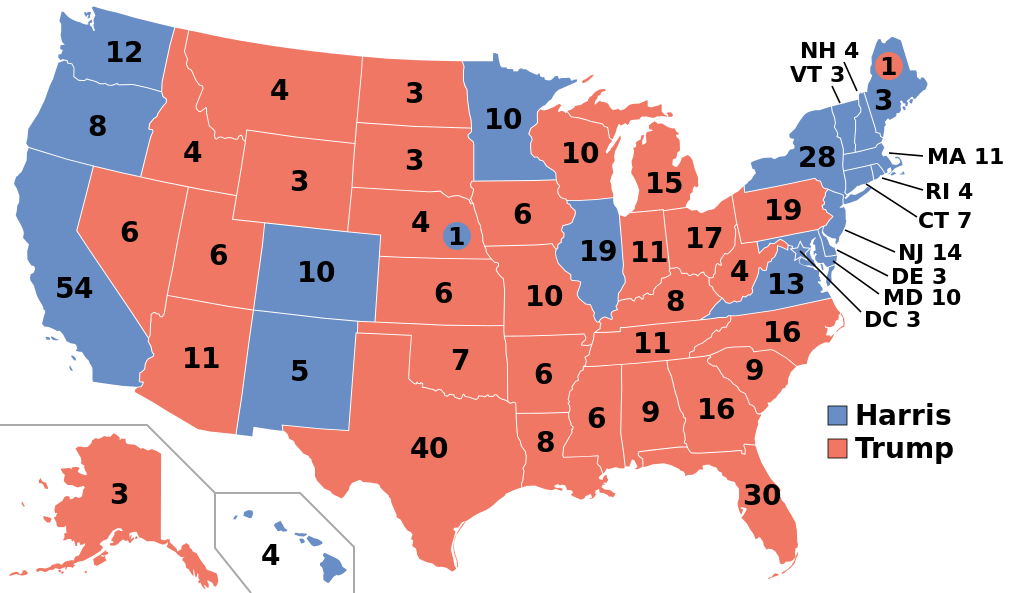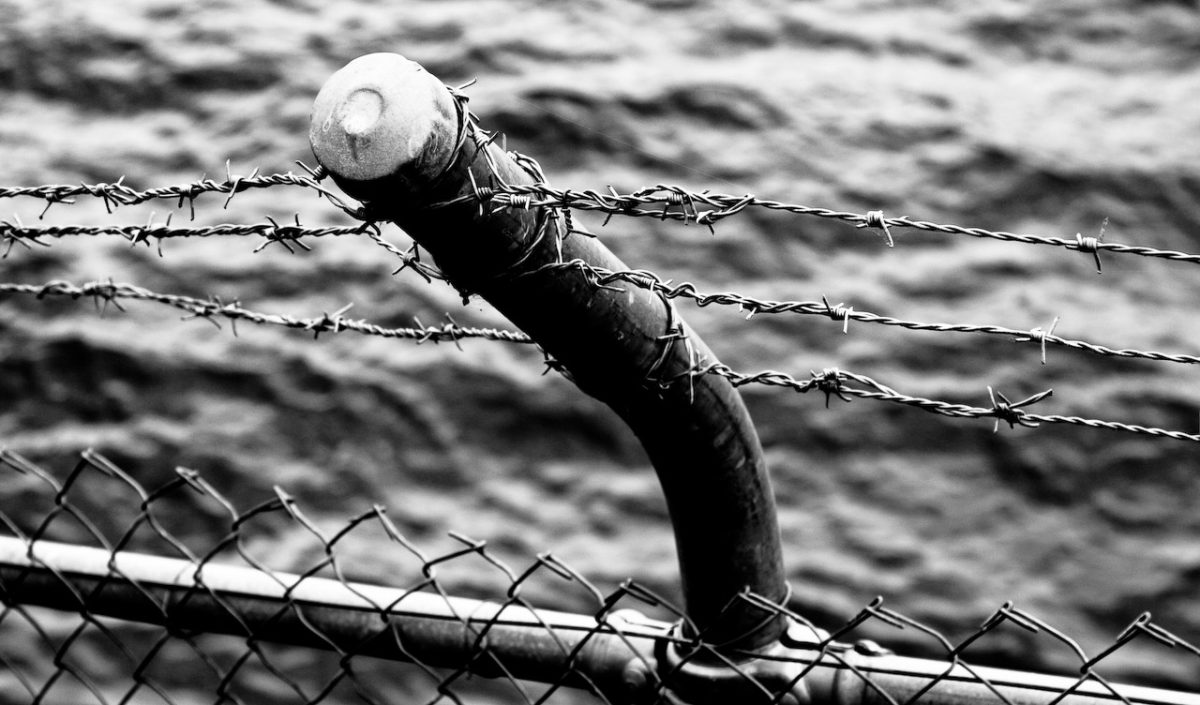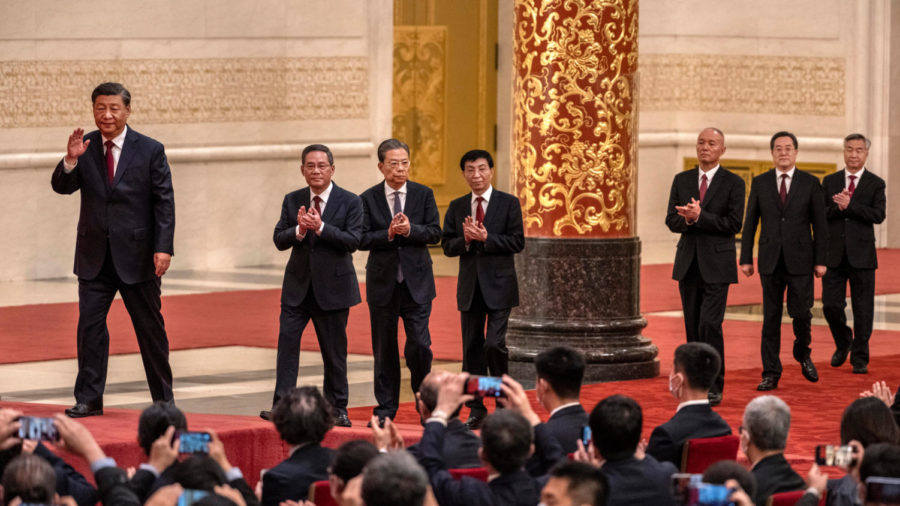Xi Jinping Solidifies Power With Loyalist Government
November 11, 2022
On Sunday, October 23, 2022, Xi Jinping walked into a third term as the leader of China at the end of the five-year Communist Party Congress. Along with Xi Jinping being reelected, he also announced his new Politburo Standing Committee, a group that governs the nation. This group consists of six men: the two returning Wang Huning and Zhao Leji, along with the four new members of Ding Xuexiang, Li Qiang, Wang Huning, Li Xi, and Cai Qi, who are all staunch loyalist supporters of Xi.
The full 24 members of the Politburo were also announced, representing some major changes for China. No women were included in this committee for the time in over 25 years, representing a shift away from female representation in the higher leadership positions of the Communist party. Xi also broke a precedent by being elected for a third term, which was prohibited by two-term limits until 2018. Additionally, Xi, at 69 years old, surpasses the unofficial retirement age of 68 for government officials.
The composition of the Politburo is making a distinct shift away from more moderate views with this switch in leadership, as Wang Yang and Premier Li Keqiang have retired before the informal retirement age, despite the ability to work for another term. Somewhat of an interruption occurred during this announcement as well, as Hu Jintao, the 79-year-old predecessor to Xi Jinping, was escorted out of his seat next to the current leader, despite apparent resistance. The reason behind this removal is still unknown and has not been mentioned in Chinese news yet. Another figure missing from the picture was Hu Chunhua, a 59-year-old who once was seen as a potential top leader for China, but was not elected to the last Politburo Standing Congress, and now isn’t even involved in the 24-member Politburo itself. This suggests that Xi is not planning to have a successor, or even step down from power in the near future.
The new high echelons of the Chinese government are significant for a few reasons. First, Xi will be able to gain more control over China’s economy, previously under the jurisdiction of the premier, or the leader of the State Council of the Politburo. The new premier will be Li Qiang, somewhat of a controversial choice considering his lead role in a difficult and confusing COVID-19 lockdown in Shanghai that lasted two months. Similar to President Trump’s election in the United States, Li has no experience with the State Council, which is highly divisive considering the complex state of China’s current economy. Additionally, Xi, with this new group, is attempting to consolidate power, hoping to become a more market-friendly nation. However, it is likely that his third term will be harder than expected, as the job takes a toll, especially with Xi’s age. Although he is currently surrounded by loyalists, this group is expected to factionalize, and with Xi wielding more power, he will be more at fault on an international stage should any mistakes be made, considering his higher level of involvement.
Entering into his third term, Xi faces different challenges, particularly in regard to his relationship with western nations, compared to the past two times he entered office. Viewing international relations with more of a difficult than an opportunistic mindset, Xi described Western nations, alluding to America, as initiating “external attempts to blackmail, contain, blockade, and exert maximum pressure.” On the flip side, Beijing’s connection to Moscow is growing ever stronger, as it refuses to condemn Russia for actions in Ukraine while accusing the West of starting the war.
Relations with Taiwan are also growing increasingly tense, as Xi promised to “reunify” the democratic self-governing island that China claims to have ownership over. This goal, however, appears to be supported by China, or at least the 2,300 selected delegates in the Great Hall of the People, in which he received significant support through applause. Xi has recently increased military threats, running tests near Taiwan, which is especially concerning with resembling events in Ukraine. This was made even clearer with the promotion of He Weidong, from the commander of the People’s Liberation Army’s Eastern Theater Command to being involved with the Central Military Commission as Vice Chairman.
During a TV appearance, following the announcement of the new Politburo, Xi made promises regarding the Chinese economy, claiming that he would “create more opportunities for the world” by making the nation less isolated from other countries. This is somewhat of a contradiction, as the leader was, and continues to, support a zero-Covid effort, restricting China’s physical borders while locking down cities. These promises meant little to investors, as the Chinese stock market soon hit a low point, the worst since 2008, with the two tech leaders Tencent and Alibaba dropping 11% each. China’s economy continuing under Xi will likely have major repercussions, good or bad, as China remains a major supplier with a potential world economic recession. With Xi focusing on adding domestic and international security, it is possible that sanctions and restrictions are increased on foreign imports and investments, especially in the technology sector.













